Perfect Day '97 Part III: Fake Canon
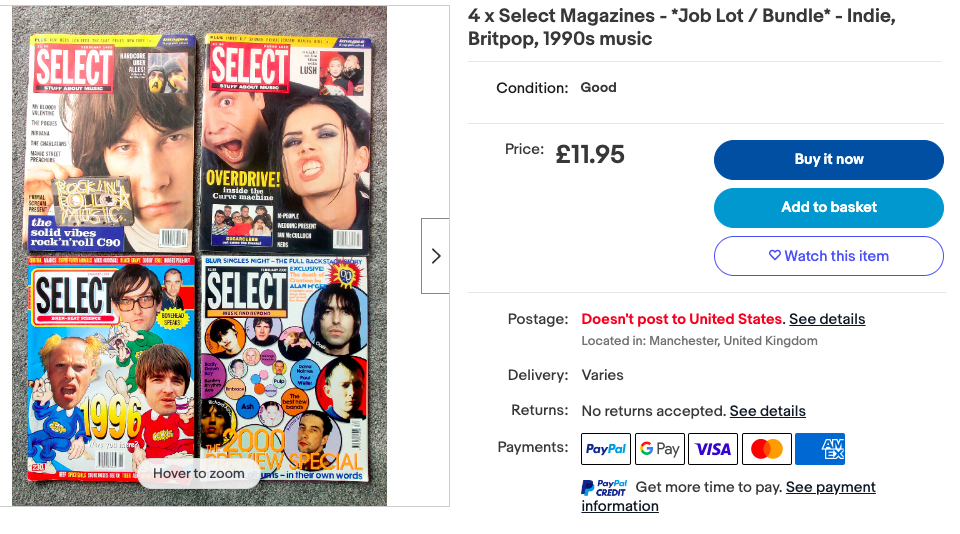
The “haunted by” idea is turning out to be one of the more predictable of the self-fulfilling prophecies. Perfect Day ‘97—as I think of it, following the morphology, I guess, of Euro ‘96 and its own novelty theme song—is still in the room.
A quick aside about the Euro ‘96 song, actually. I could not tell the difference, when it came out (I was 8), between the comedy duo of David Baddiel and Frank Skinner and the Lightning Seeds, the band, because I didn’t yet understand what comedians were.
David Baddiel and Lightning Seeds singer Ian Broudie were particularly similar looking. It didn’t help at all when Ian Broudie appeared in Perfect Day ‘97 the following year, cementing in my subconscious the malformed idea that Euro ‘96 (the event) was one of the guest performers on the song.
I’ve been turning over what I think of as the Heather Small problem. She’s the frontwoman from M People who sings the line "You're going to rrrreap just what you sow, yeah.“ Last time I was talking about how much I hate the way that an ad libbed cover performance can become fixed in your mind, taking on this priority over the original that can’t be undone if you heard it first. And it’s so unfair to Heather Small, who is such a good singer that she’s the only one who sticks in the memory (alongside Shane MacGowan intoning it’s such fun, of course).
It is a reminder of the humiliation of having to learn everything for the first time. It has to happen somehow, like losing your virginity or putting in the first contact lens. But from birth, I think, I wanted to already have known everything there is to know and then I wanted immediately to explain it. Impulse control when it comes to imbibing and regurgitating information is obviously an issue for me.
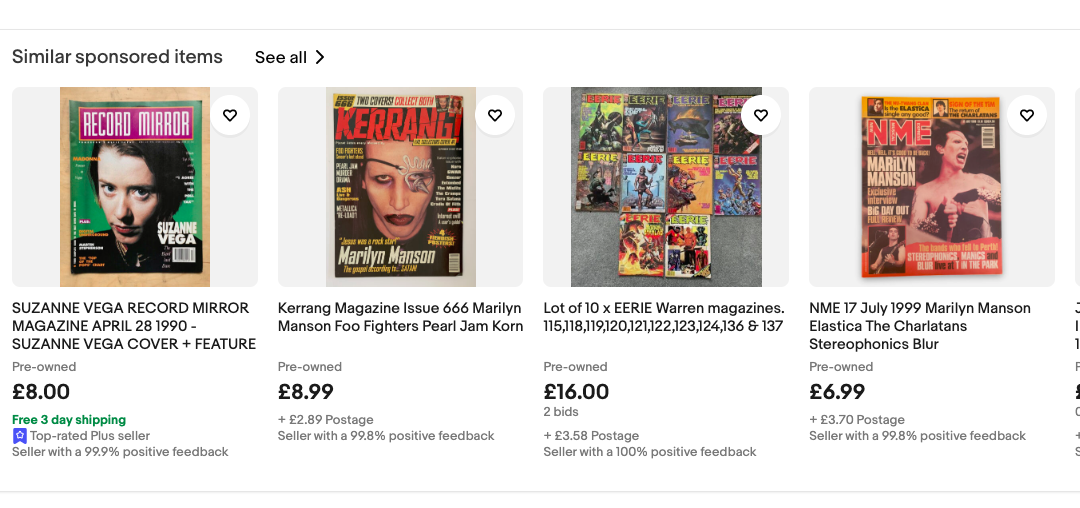
Information and its relationship to the inner world was also the reason I loved music magazines of the late twentieth and early twenty-first centuries. They were written in such a specific register back then; a tone of total, pre-emptive, assumed agreement. It is so soothing. I was 30 before I started to realize that these magazines were also full of outright lies. Alongside so, so much material about The Stereophonics, your average copy of Melody Maker or Select or NME would contain hundreds of casual references to songs or LP cover designs or guitarists as classic, undeniable. Faithfully I would hunt down the original, imagining that one day it would all join up into a great big transformer of total cultural authority.
This is how I ended up with a large collection of CDs of American blues music, culled from the charity shops of north London. It wasn’t all that accessible to me, to be honest. I had no special innate musicality and so was on the imaginative level bewildered by the material. But every guitarist in England—and there were just so many of them, in other people’s houses and at the church turned into a music studio down the road and in The Kinks pub my granny liked and the endless invisible omnipresent spiral of whatever rock and roll was supposed to mean in London in 1997—claimed to listen to Howlin’ Wolf all day. So I did too.
I ended up as a very pretentious and pedantic tween with a wide knowledge and incredibly shallow understanding of music, which kind of matched up with my general experience of interacting with the world. It was a very permissive era and as I got older some things changed and others did not. What did I seem like to other people’s dads? They were all the same but different. We would talk about music after I’d accompany their daughter in singing Britney Spears or something and there would be chats about Jethro Tull; double takes; obvious discomfort sometimes; private lessons other times.
Before all that started, back during Perfect Day ‘97, it had seemed as if the world were maybe running on a secret logic. It might live on the other side of the art. Art was unlocking my feelings, so why couldn’t it unlock other things, too? The panic the song gives me, a sense of rattling at closed gates, is also about this mystery. The panic and mystery of the infinity of available artworks.
This feeling can be dangerous to engage with and it can also crack open the world. There was no way back then of guessing in advance whether some album purchase or library book or conversation with a stranger or concert was going to be a key or a grenade. It seemed obvious even then that there is no authority. But a logic—there might have been a logic? Still unclear.
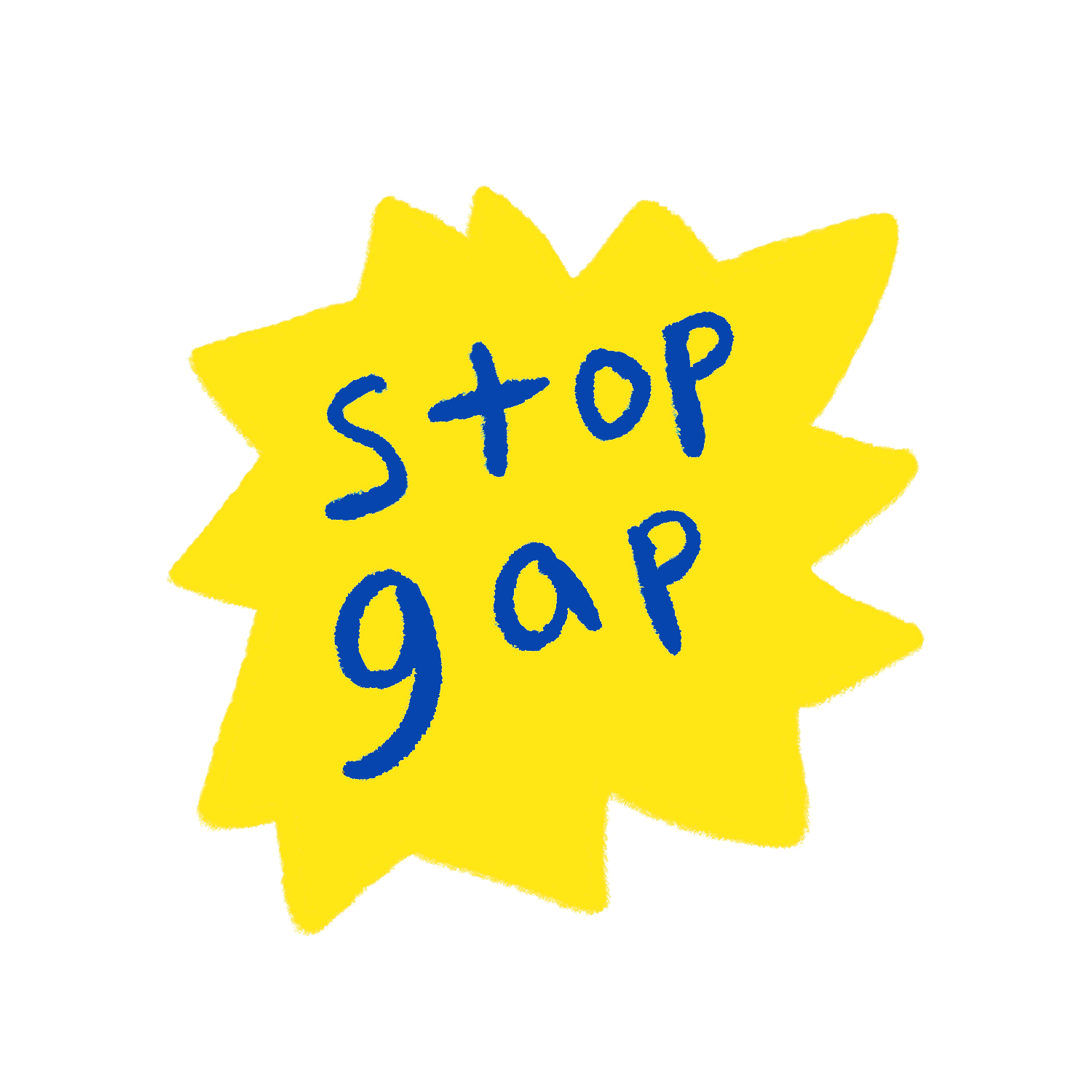
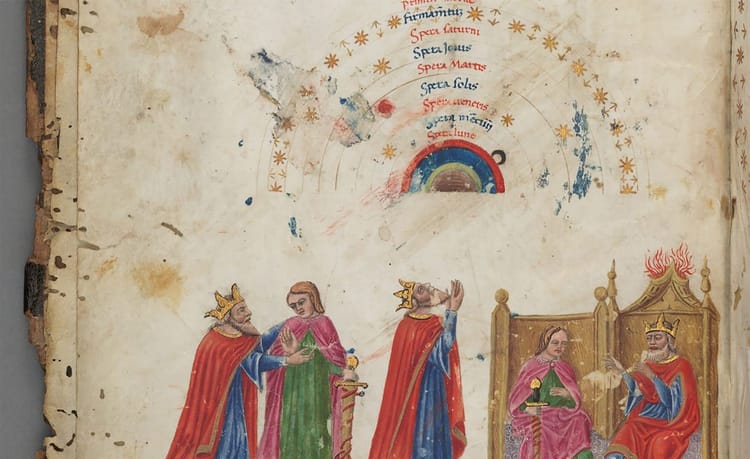
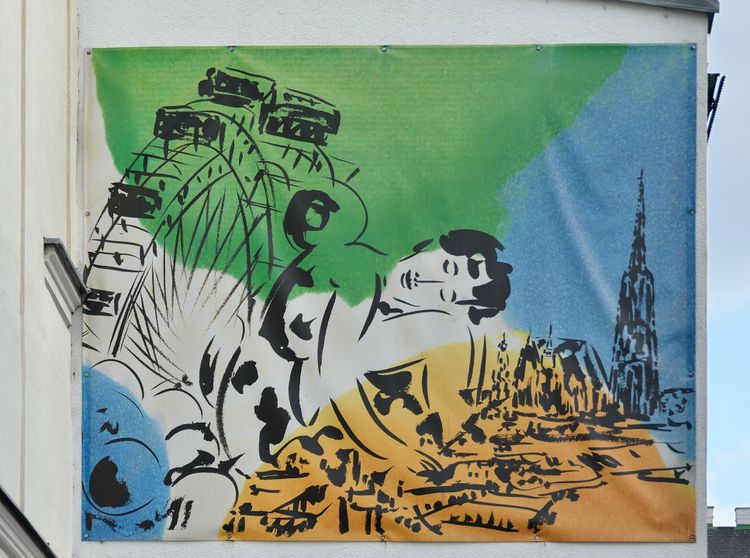
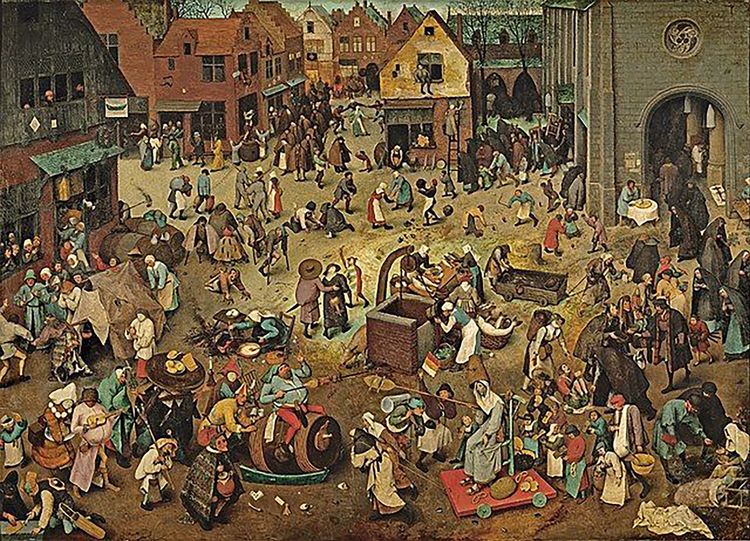
Comments ()